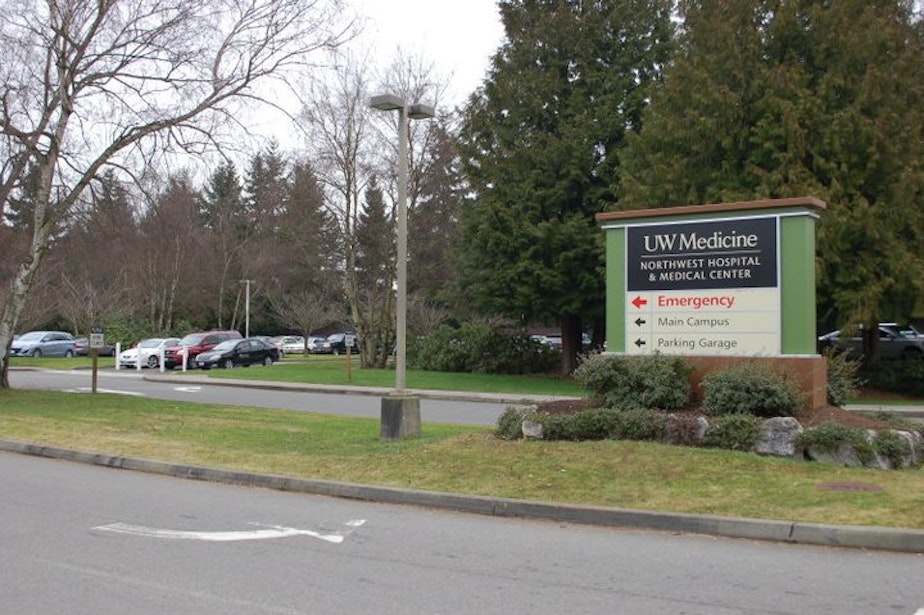Seattle just got 150 psych unit beds. Is it enough to make a difference?

A new psychiatric unit opened Wednesday at the University of Washington’s Northwest Hospital in North Seattle. It was funded in part by state taxpayers, and it represents a significant step toward addressing the severe shortage of inpatient beds in Washington state.
The ground floor of the new facility has huge floor-to-ceiling windows and murals.
“One of the biggest things that we wanted to make sure we provided is the access to light, big open areas and so you'll see that throughout,” said Charity Holmes, a nurse and the behavioral health administrator for UW Medicine, while offering a tour of the facility.
RELATED: Seattle's troubled past and present suggest a new approach to mental health
The facility has 150 beds. Half of them are for involuntarily committed patients. The rest are for medical and surgical patients who also have mental-health challenges, or for patients with psychiatric disorders associated with old age.
“These beds will help meet the demand for long-term inpatient care, and by doing so will free up beds in other hospitals across our state that then will allow us to further care for patients who have acute psychiatric care needs,” said Tim Dellit, the CEO of UW Medicine, at a ribbon-cutting ceremony.
Dellit added that the center will also offer telehealth services to people across Washington who live in communities that don’t have any psychiatrists.
RELATED: Why Seattle's mental health problems are so visible
Holmes, the behavioral health administrator, said the new unit is designed to be as friendly and welcoming as possible while still safe for patients and staff.
“We're on the fourth floor and we did manage to actually make an outdoor space — a garden terrace — for our patients,” she said. “All of the plants that are in here are nontoxic if patients happen to ingest them or anything. The screen that you'll see that surrounds us, while it provides a safe environment for the patients, you still see the beautiful treetops and have the open-air experience.”
The unit requires 300 faculty and staff, and Holmes said she recruited from across the country due to a shortage in the local workforce.
The new center was designed with that shortage in mind, with a focus on training new mental-health providers.
The unit is open now and expected to be full by January.
RELATED: Should mental health treatment be forced if someone needs care, but refuses it?




